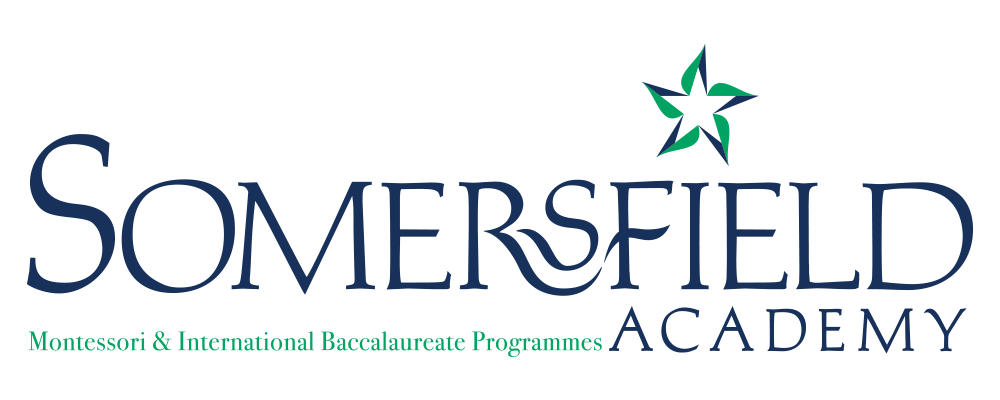The Art of Teaching with Montessori Materials
In the bustling environment of a Montessori classroom, where children engage in self-directed learning and exploration, the carefully curated materials play a pivotal role in shaping young minds. Developed by Maria Montessori, the Montessori Methodology emphasizes a holistic approach to education, focusing on individualized learning and the progression from concrete experiences to abstract understanding. Central to this approach is the meticulous preparation of materials and the art of teaching that guides children through their educational journey.
The Montessori Environment
One of the defining features of a Montessori classroom is its meticulously arranged environment, where every element is thoughtfully curated to foster independent learning. The classroom is divided into distinct areas, each dedicated to specific subjects such as practical life, sensorial exploration, language, mathematics, and cultural studies. Within these areas, shelves are carefully organized with materials arranged in a logical sequence, progressing from simple to complex and from concrete to abstract.
Concrete to Abstract: Building Foundations of Understanding
At the heart of Montessori education lies the principle of moving from the tangible to the conceptual. Materials are presented to children in the most concrete manner possible, allowing them to engage their senses and develop a deep understanding of fundamental concepts. For instance, in mathematics, children manipulate physical objects like golden beads to comprehend the concept of place value before transitioning to abstract symbols and mathematical operations. Similarly, in language acquisition, children trace sandpaper letters to internalize letter shapes and sounds before progressing to reading and writing activities.
Simple to Complex: Guiding Learning Progression
In the Montessori classroom, the journey of learning is carefully scaffolded, moving from simple concepts to more complex ideas. This gradual progression ensures that children build a solid foundation of understanding before tackling advanced topics. Montessori teachers undergo extensive training to observe each child's developmental readiness and tailor lessons accordingly. By recognizing when a child is ready to move on to the next challenge, teachers can provide personalized guidance and support, nurturing the child's natural curiosity and love for learning.
Individualized Learning Paths
While materials are arranged in a sequential order on classroom shelves, Montessori education also values the autonomy of the child. Children are encouraged to explore at their own pace and follow their interests, allowing for individualized learning paths. Teachers closely monitor each child's progress and readiness, intervening only when necessary to provide guidance or introduce new challenges. This flexibility ensures that children remain engaged and motivated as they navigate their educational journey.
Cultivating Lifelong Learners
The Montessori approach to teaching with materials is a testament to the profound respect for the child's innate curiosity and capacity for learning. By providing a rich and stimulating environment filled with carefully designed materials, Montessori educators empower children to become active participants in their own education. Through the progression from concrete experiences to abstract understanding and the guiding principle of simple to complex, Montessori materials pave the way for lifelong learning and intellectual curiosity, laying a strong foundation for success in both academic and personal endeavors.

